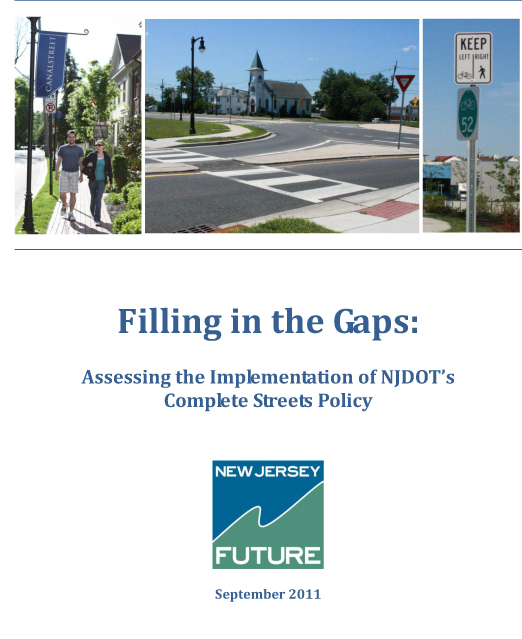New Jersey Future Blog
Cyanamid Site and Tax-Sharing
December 13th, 2002 by Tim Evans
- Some 130 New Jersey communities sit in a ìtrouble zoneî of fiscal distress according to experts at Rutgers University, caused by property tax rates higher than can be sustained without a decline of services and quality of life (effective tax rates of $3 or more per $100 of property value).
- Mercer County has three such communities (East Windsor, Hightstown and Trenton), bordering or within 10 miles of West Windsor, which has grown at four times the state rate in the past decade.
- Now West Windsor is considering development of a parcel of land roughly the size of the city of Hoboken as a high-end shopping center. The present corporate campus, once the home of American Cyanamid, sits at the intersection of Route 1 and Quakerbridge Road, where three major shopping centers already exist.
- Tax-sharing would allow the fiscal benefits of such development to benefit the entire region, including financially strapped communities struggling to escape the trouble zone. And it would reduce the incentives to pump more development and traffic into communities already overwhelmed by rampant growth.
TAX-SHARING CAN EASE FISCAL DISTRESS
An idea launched in New Jersey’s Meadowlands in 1972, if extended to other regions in the state, could ease the fiscal distress experienced by a growing number of New Jersey communities, and help all communities make better development decisions.
Tax sharing means communities share the tax benefits of new development with their neighbors just as they already share the negative spillover effects of development, including increased traffic, pollution and loss of open land. In the Meadowlands, 14 towns contribute 40 percent of the local tax revenue generated by growth into an inter-municipal account shared by participating communities based on the type of growth and development they’re experiencing, and how much tax base each municipality has lost to public acquisitions, such as preserving open land.
A tax-sharing system in Minnesota means that suburbs, small towns and cities in the St. Paul-Minneapolis region all share the financial benefits of the world’s second largest mall, the Mall of America, which is located in the small city of Bloomington and has a total annual economic impact of $1.5 billion.
Tax sharing can help bring greater cooperation and coordination among local communities, especially in terms of economic development decisions. It means land use decisions can be made in the best interests of a region, rather than on a town-by-town basis. Tax sharing provides a more equitable distribution of New Jersey’s property tax revenues, and at the same time reduces the need for local communities to chase inappropriate or undesirable new development.
Tax sharing is not a panacea for today’s local fiscal distress, but it is a step in the right direction.
















